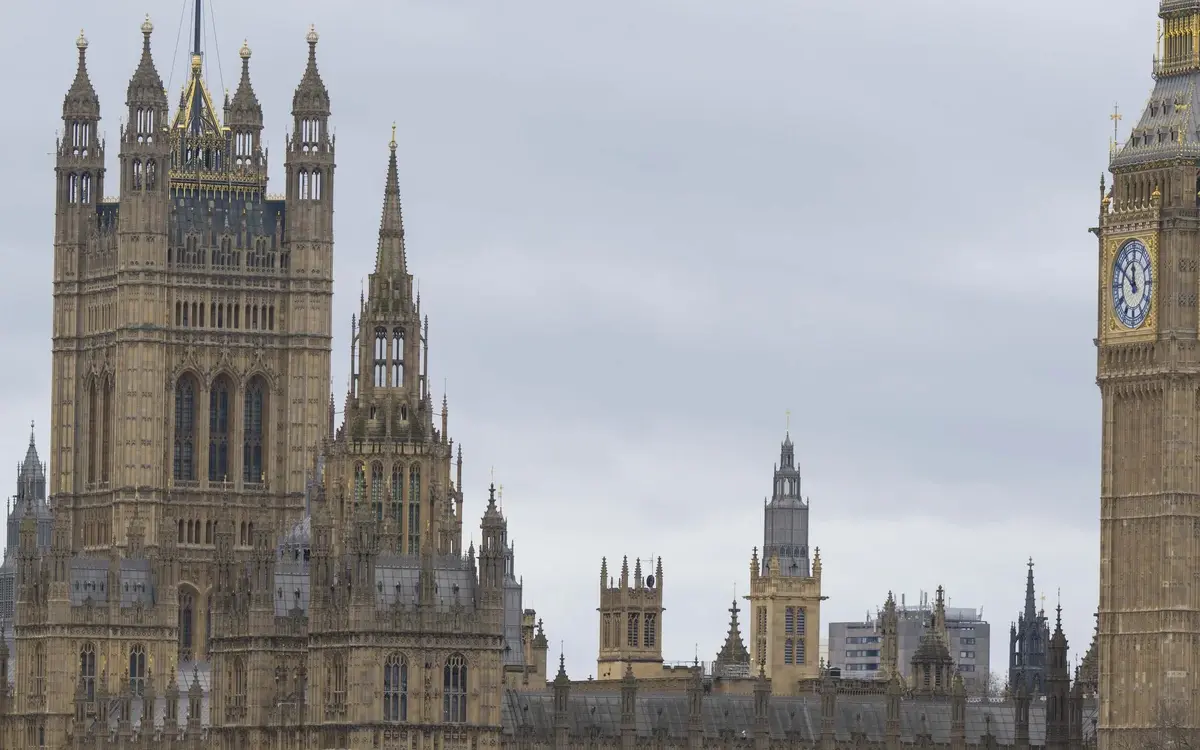UK (Parliament Politics Magazine) – The GMB union report says that parliamentary staff of color earn £2,000 less than white colleagues, and women, disabled, and LGBTQ+ staff also face pay gaps.
According to The Guardian, parliamentary staff of color earn about £2,000 less per year than white staff.
GMB study about pay gaps in parliament
The GMB union’s report will reveal that parliamentary workers with protected characteristics face higher pay disparities.
The research shows women in similar parliamentary roles earn around £1,000 less per year than men, with disabled workers earning £646 less than their able-bodied colleagues.
The union will release a report on Wednesday detailing findings from data collected after the 2024 general election. It will argue that multiple parliamentary staff described the workplace as “very white and middle-class.”
The paper will highlight that employees with multiple protected characteristics are most affected by pay disparities. Its data shows women of colour in parliamentary roles earn nearly £6,000 less annually than their white male colleagues.
The report shows transgender, non-binary, and gay staff face pay discrimination, and constituency caseworkers earn less than Westminster staff despite working on the frontline.
The research will show that pay gaps grow over time. This suggests that employees with protected characteristics move up more slowly in parliamentary careers.
According to the GMB union, it reviewed 174 cases from staff members who provided information on pay and equality and agreed to share the data.
The full scale of pay inequality among parliamentary staff remains uncertain, as they are hired by individual MPs or Lords rather than by parliament itself. At present, only large employers must report gender pay data. There is no legal obligation to disclose pay gaps based on race, disability, or other protected characteristics, though the government plans to introduce such rules.
The study is expected to propose several actions to tackle pay discrimination, including mandatory reporting of pay gaps. It does not break down pay by party, reflecting the union’s aim to keep the research “apolitical.”
According to the GMB, only 17% of employees in the sample who raised concerns about pay or discrimination felt their issues were properly handled. It found that many MPs had “not even taken minimal action” on pay equality issues.
What did Kartik Sawhney say about pay gaps in parliament?
Kartik Sawhney, GMB’s parliamentary race officer, said the report’s findings were “stark and inexcusable.”
He stated,
“Parliament should be a model for equality, not a mirror of inequality. Talented, hard-working staff are being left behind because of their gender, race or disability. That’s unacceptable. We need more robust data monitoring, fairer systems and structural change to end this injustice.”
What did Holly Williamson say about pay inequality in parliament?
Holly Williamson, the union’s parliamentary equalities officer, added,
“This report confirms what many of us already know: women, non-white and disabled colleagues work just as hard, but are paid less. The most emotionally demanding roles, often held by those from protected groups, are also the lowest paid. Parliament must do better.”
Key facts about the pay of minority and white workers in the UK
Black workers in the UK earn about 7.8% less than White British workers. Other ethnic groups, like Bangladeshi and Pakistani workers, face pay gaps of 17.7% and 9.3% respectively, in 2021/2022.
In London’s public sector, BAME workers earn up to 37% less than white workers, showing a large racial pay gap in some sectors and areas.
Minority MPs in the UK parliament
Four non-white Labour MPs were elected in 1987, the first since 1945. By 2019, the number of ethnic minority MPs had risen to 65: 41 Labour, 23 Conservative, and 2 Liberal Democrats.
A record 90 ethnic minority MPs were elected in the 2024 general election. They included 66 Labour, 15 Tory, 5 Liberal Democrat, and 4 independent MPs, making up nearly 14% of the 650-seat House of Commons.


